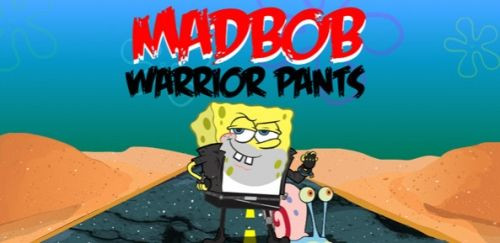SpongeBob Impairs Young Children, Say Experts

SpongeBob SquarePants, and other children's TV programs could be worsening children's brain function according to new research. Psychologists found that a brief exposure to the programs caused a dampening effect in the brain.
Run by University of Virginia's Angeline Lillard - the study claims to have found that fast-paced television programs affected children's behavior shortly afterward in areas such as problem solving, delaying gratification and working memory - the ability to concentrate for tasks such as reasoning, comprehension, learning.
Compared with watching educational cartoons, or doing some activity like drawing, children who watched the frenetic paced show were often significantly worse in a series of tests measuring "executive function."
The worst was Spongebob viewers who were found to perform worst in a simple problem-solving activity where kids were asked to move a disk from one peg to another. The percentage of children who could perform the task was 15 percent in Spongebob viewers, 35 percent in those who watched an educational show, and 75 pct in those who spent time drawing.
"If these findings are borne out, it means that content is as important as quantity,” says Dimitri Christakis, director of the Center for Child Health, Behavior and Development at Seattle Children's Research Institute, commenting in the Journal Pediatrics, “It's not just about turning off your TV but about changing the channel. What kids watch is as important as how much they watch."



























